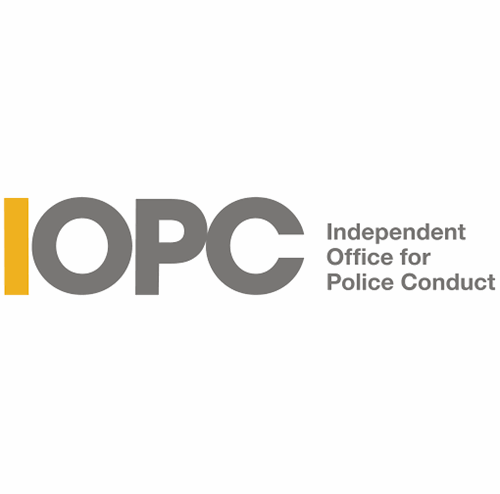“IOPC investigations aren’t a mixed picture; just a depressing picture”
11 March 2020

Allowing Independent Office for Police Conduct (IOPC) cases against officers to drag on for years without being resolved is ‘wholly unacceptable’, says Essex Police Federation.
A recent case against officers in Bedfordshire took seven years to investigate before the gross misconduct charges they faced were dropped.
The investigation was directed by the IOPC and is the latest in a long line of cases which have taken a disproportionately long time to resolve.
The officers were suspended throughout the six and a half year-long investigation, which is thought to have cost over £1m.
It’s prompted PFEW Conduct and Performance Lead Phill Matthews to renew calls for legacy caseloads to be reviewed and for disclosure training for IOPC investigators to be urgently improved.
Essex Police Federation is happy to offer its backing to the campaign says Federation Chairman Steve Taylor.
“It’s not acceptable that even a small percentage of cases involving the IOPC are allowed to fester into years – it’s wholly unacceptable for it to happen even once,” Steve said.
“I would push for and welcome an immediate review of all those legacy cases.
“Confidence in the IOPC ebbs away almost daily, and its ability to undermine its position never ceases to amaze me.
“Just look at the investigation into those officers driving to a terrorist incident on Streatham High Street. That is shocking. Shockingly disappointing.”
IOPC Director General Michael Lockwood promised reform when he took over the role back in 2017, but his labours are still yet to bear fruit according to Steve.
“We have seen movement, but a lot of those promises have just not materialised,” Steve said.
“The new Director General set out with high intention and fanfare and, questionably, has failed to deliver.
“The lack of transparency and accountability in that organisation continues to be a source of real concern for frontline officers who want to have a body responsible for independently investigating us.
“We want it to be premier. We want it to be respected, respectable, professional and capable, and I’m afraid, in this officer’s view, it is none of those things.”
The fear of facing unfair, unneeded and disproportionate IOPC investigations can paralyse decision making among officers, Steve warned.
“I’d be really surprised if it wasn’t affecting decision making, particularly in some of the more bespoke roles; pursuit drivers, authorised firearms officers and custody officers – those roles who are more likely to come into contact with people,” he said.
“They absolutely are aware of what the IOPC is, and their involvement in any of the activities we perform, what that looks like – they’re right to be cautious because confidence [in the IOPC] has waned.”
Allowing the police to investigate the police has to be the answer to address what is becoming a ‘depressing situation’ across the country, Steve added.
“The IOPC severely handicap themselves in their drive to be seen to be independent by which they close their ranks to experienced investigators from police backgrounds.
“The best people at investigating the police are the police.
“It’s not even a mixed picture; it’s just a depressing picture across the piece.”


















